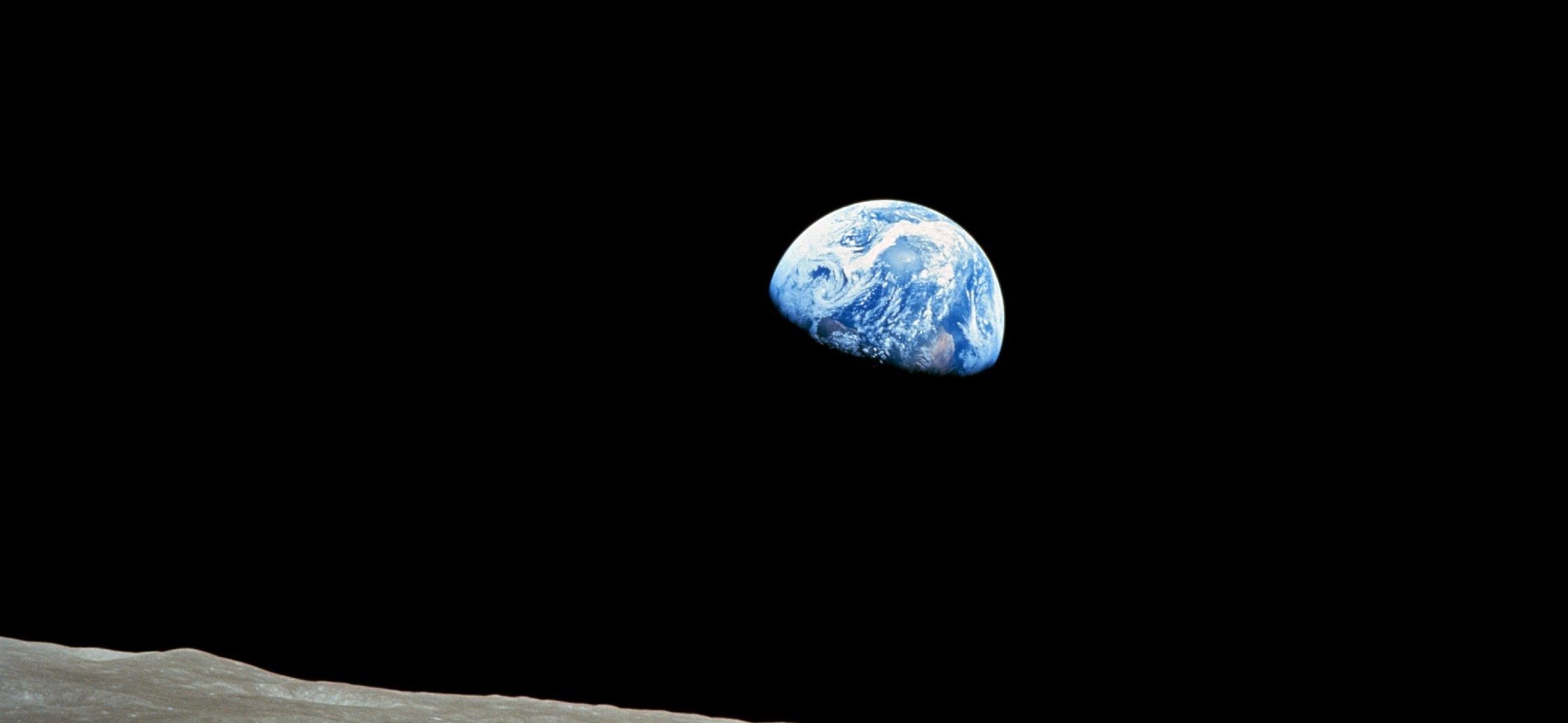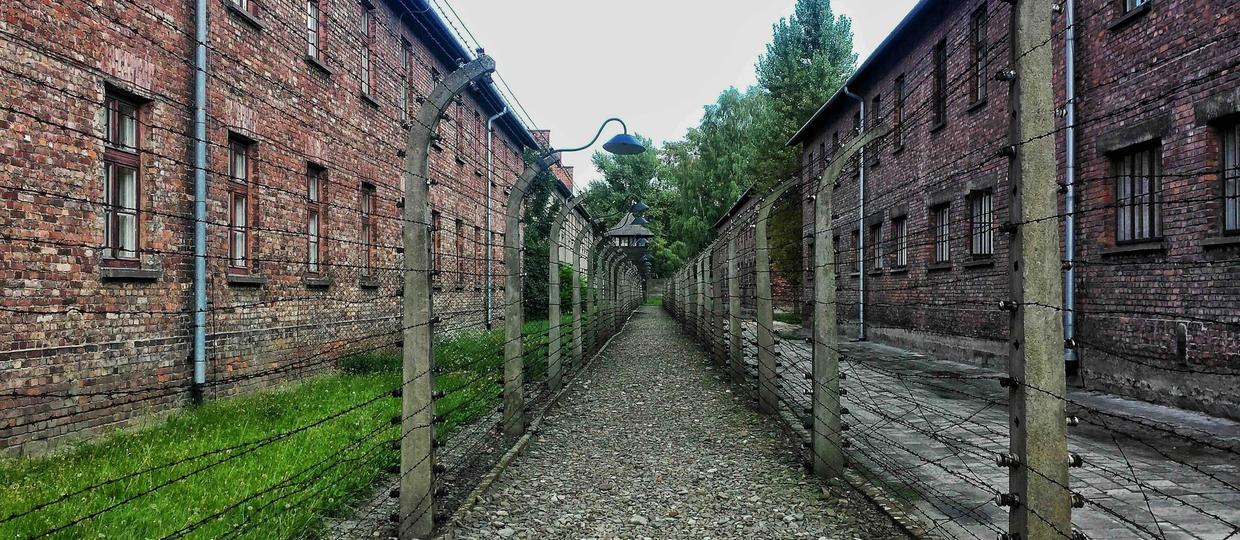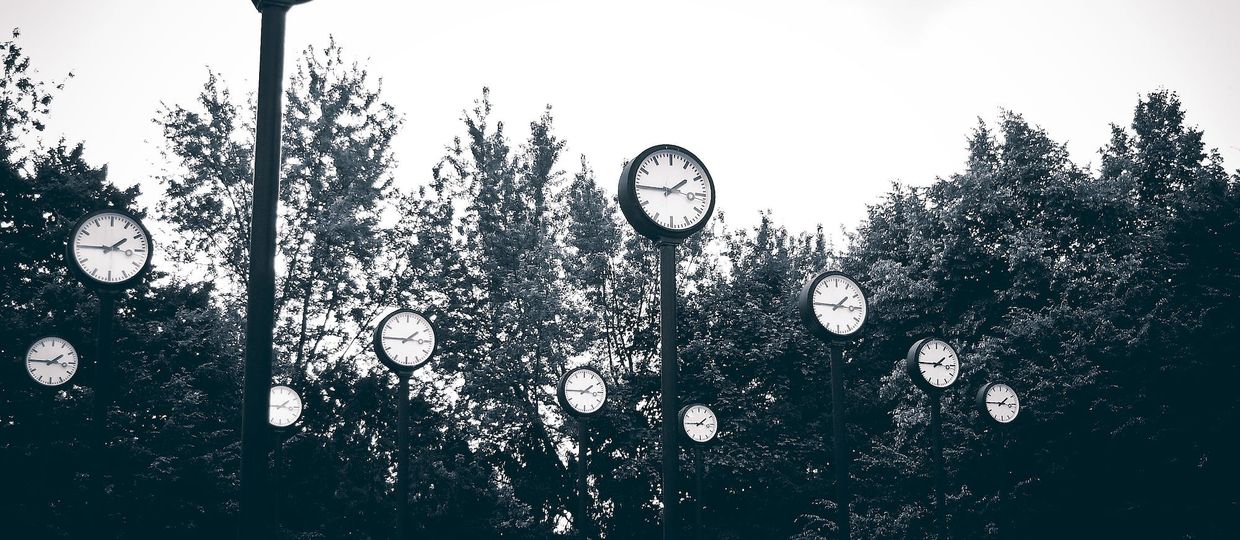Blank Page
Why did we so badly want to be in this place where god—Spinoza’s or another variant—had not prepared for us, a place where there was no grass we did not plant, water we did not unfreeze or bring with us, and air that was not carried in tanks.
I looked sleepily down at the terminal. Beyond me, through the many inches of transparent quartz glass and a glare screen, I saw the emptiness of space, silent in its stillness, seemingly infinite in extent. I, like so many on Earth, had dreamt of what it would be like to go beyond that familiar gravity well, to be caught up in something astronomically larger and seemingly more meaningful. On the ground, the space above one looked so full of possibility and promise. But having arrived here, I realize that what had seemed to be unlimited potential was in fact the emptiness of a page upon which nothing lasting could be drawn. And human eyes looking out at this vast emptiness could not well distinguish those planets which we may call home from the fiery stars that burned beyond our plane and would burn us too if we reached them.
Perhaps, it is not a surprise that we saw our future in these stars. It is said that man used fire to emerge from darkness and to create civilization. So over millenia we learned to distrust the darkness and to see danger in shadow. But our informal sense of the word “shadow” had taken the absence of a thing to be the thing itself. We had lived in a world of light—from the sun and its artificial recreations—only intermittently interrupted by moments of darkness, and so we came to believe that shadow was simply the absence of light when, in fact, darkness was the preeminent state of the universe and light an interloper.
Perhaps, in the emptiness of space, we paid attention to the light because it was similar to what we paid attention to in ourselves. Perhaps, given the apparent rarity of human life, sentient life, or even life in general, it was no coincidence that when such creatures peered up at the dark horizon, they saw their foil in the darkness itself and saw their mirror in the tiny dots of light that appeared to be struggling against it.
But the truth is there was nothing here for us, except vacuum and the constant possibility of death.
Why did we so badly want to be in this place where god—Spinoza’s or another variant—had not prepared us to be, a place where there was no grass we did not plant, water we did not unfreeze or bring with us, and air that was not carried in tanks.
Perhaps it was shame. We had been given these things and more and we squandered them all, failing to recognize their value until we realized how close we were to losing them, and even then we only tried to act when they were almost already gone. And instead of living out the consequences of what we had done, as we had forced all other living things on that planet to do, we abdicated our charge, disavowed our crimes, and, having learned little or nothing, flew off to somewhere new, somewhere that the ground was already dead and where we could fool ourselves into believing that we were bringing life to it rather than, once again, taking life away.
<><><>
Send any comments or questions about the work to contact@perturbations.org.




